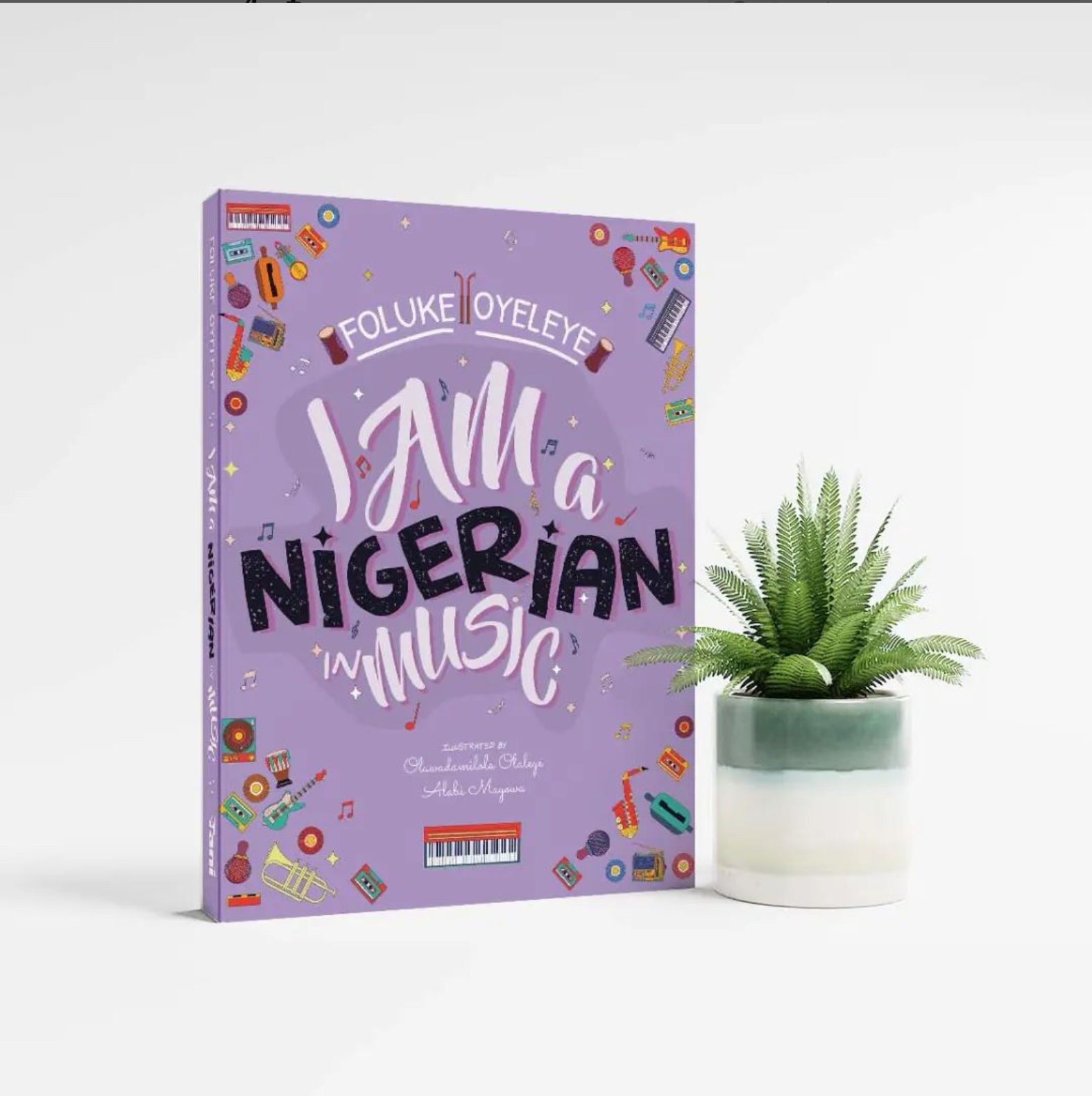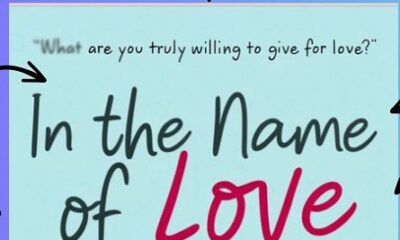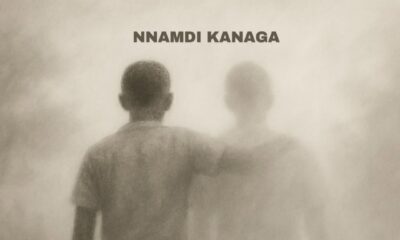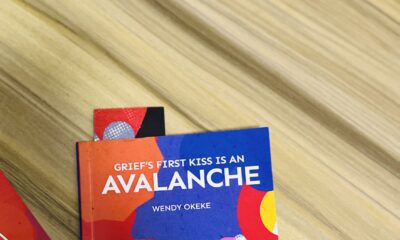Features
BN Book Review: I am a Nigerian Music by Foluke Oyeleye | Review by Oluwadunsin Deinde-Sanya

Music is one of Nigeria’s biggest exports, and the industry contributes billions of naira to Nigeria’s GDP. From afrobeats to Juju, Apala, Fuji, highlife and many more, Nigeria has a rich repertoire of music and musical talents that are widely recognised around the world. But it has not always been like this; unlike today’s world where musicians are hitting it really big in the industry, music for many veterans did not bring in much money, so it was majorly fuelled by their passion, a way to break free of societal standards, a way to fight against injustices and talk about the ills of the society. In many ways, I believe these music veterans paved the way for new musicians to fly, and they deserve all the accolades. That is why, when I got Foluke Oyeleye‘s I Am A Nigerian in Music, I was excited. Not only will kids now learn about music legends in Nigeria, but will also learn the roles they played in shaping our nation.
Foluke’s I Am A Nigerian in Music tells the stories of 15 Nigerian musicians who have shaped and continue to shape the music industry. Written for kids, Foluke’s book is written in such easy-to-understand and digestible language that every child can easily understand who the musicians are, their lives, background, their music, the challenges they faced and overcame, and so on.
The book is also very enlightening. I learned a great deal about the Lijadu sisters, Dan Maraya Jos, Victor Uwaifo, Panan Percy Paul, Ebenezer Obey, Onyeka Onwenu, King Sunny Ade, Majek Fashek, Fola Anikulapo Kuti, Lagbaja, and many more musical veterans. Then we have more recent musicians like Nathaniel Bassey and Don Jazzy in the book. I Am A Nigerian in Music also went further to also teach children about musical instruments like the shekere, ankle rattles, kuntigi, bata, indyer, ubo aka, and many more that are not commonly known.
Foluke understands that children could get easily bored by too many texts, so she also told these stories using vivid imagery and beautiful illustrations that will have the kids flipping through pages to see more of the musicians and the musical instruments.
I found Foluke’s use of language to be rather interesting. Aside from it being very easy to understand, Foluke painted each musicians’ life as rich and as creative as the music they made. In this book, there is so much more to the lives of these legends, and their legacies transcend beyonds sounds and instruments to who they are and what they live(d) for. In a world that thrives majorly on negativity, the lives of these legends will be seen from a more positive lens.
Foluke Oyeleye’s I Am A Nigerian in Music is filled with representative stories of excellence and the success that comes at its heel. Beyond teaching them history, it is also a story of hope to every kid out there, it is simply saying “see? Your dreams are valid and you can be so much more”.
Personally, I wish Foluke had gone further; we have lots of veteran musicians in Nigeria and I wish she threw the spotlight on them too – people like Ayinla Oniwura, Haruna Ishola, and many others. Still, it is a really good read and I recommend it to every parent who wants to buy it for their children.





















